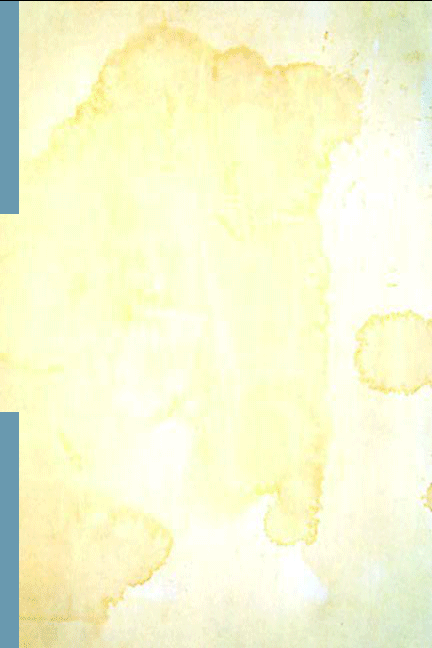Thursday Fiction Corner: An Interview with Dorothy Tse, author of Snow and Shadow
“I don’t regard my stories as departing from conventionally understood reality. I think humans are adapting and transforming themselves in radical ways. If we can eat meat made in a science lab, then it’s possible for a woman to change into a fish.”—Dorothy Tse
The following is an interview with Dorothy Tse, author of the short story collection Snow and Shadow. In a review of the book, Joyelle McSweeney wrote, “”I’m stunned by the resolve, accomplishment, and strangeness of this vision. Tse joins the ranks of artists currently remaking the world.”
The interview originally appeared on the book’s website, where you can also read excerpts from the collection.
Question: Can you envision the ideal reader of your fiction—in terms of background, education level, tolerance for gruesome imagery, or any other traits you think matter? Stated otherwise, what attributes does a reader need to have to fully appreciate and understand what you are communicating in Snow and Shadow?
Dorothy Tse: One of the privileges of being a writer is that you don’t have an audience in front of you as you write. I don’t want to sacrifice this freedom by imagining an actual reader. Plus, any reader that I can imagine will never be as creative and complex as the actual readers I may have.
Q: Which eastern and western authors do you consider to be your primary influences?
DT: I do not distinguish between Eastern and Western authors. When I was young, I liked reading fairy tales from anywhere—sometimes stories in the Bible gave me a similar kind of enjoyment. But my formal consciousness came from reading mainland fiction writers who exploded on the scene in the 1980s. After mainland China had had a closed-door policy for decades, these Chinese writers were influenced suddenly by writers from around the world, such as Kawabata, Márquez, and Kafka. The subsequent formal experiments by these Chinese writers felt like looking into a kaleidoscope.
Q: When you write plots or scenes that seem to depart from conventionally-understood reality—for example, the woman who turns into a fish in “Woman Fish”—are you envisioning these fantastic events as literally occurring, symbolizing a general concept, or both?
DT: I don’t regard my stories as departing from conventionally understood reality. I think humans are adapting and transforming themselves in radical ways. If we can eat meat made in a science lab, then it’s possible for a woman to change into a fish.
Q: Which of the stories did you have the most difficulty writing and why?
DT: Each story was difficult to write in its own way. If I find a story is “easy” to write, I would think it’s probably because I am following some kind of established convention, or a convention that I’ve developed myself. It’s a signal that I am going down a dangerous path.
Q: What are one or two essential things Western readers should understand about modern life in Hong Kong that will help them to appreciate your writing?
DT: I don’t think that having an experience of living in Hong Kong means that one would understand a writer from Hong Kong. Most of the time, a writer is an outsider in his or her own culture. There are qualities that are more important than nationality or identity that inform how a reader understands literature. I think a person’s moods or dreams may have just as much, if not more, influence on how someone may read my work.
Q: Now that you have written two collections of short stories, do you have any plans to write longer-form fiction like a novel? What do you like and dislike about the short story format?
DT: I am working on a novel right now. I think of a short story like a puzzle with a lot of small pieces, so you can play with the structure by looking at the entire picture. But the novel is too big to visualize—it’s more like digging deeper and deeper into a tunnel.





1 Response